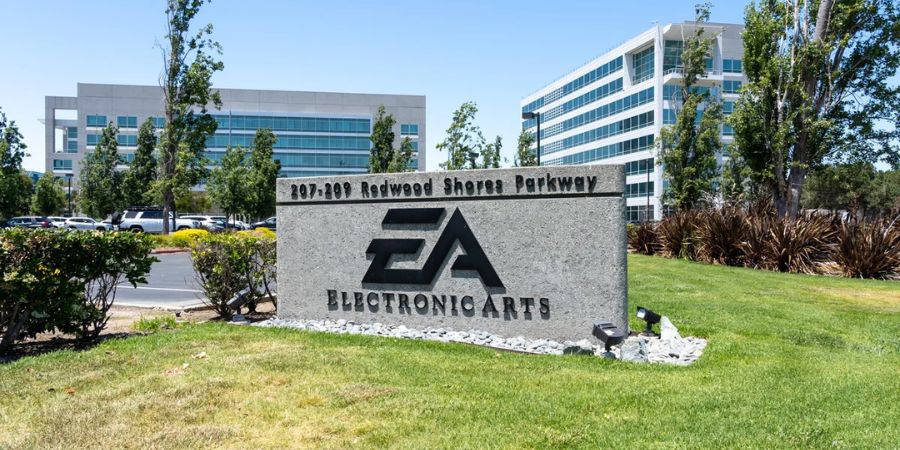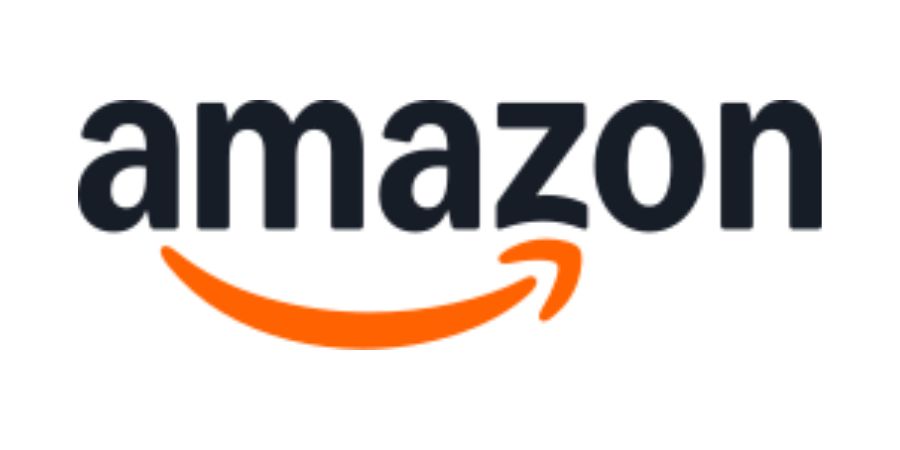Every company, no matter how big or small, runs on systems. Some manage inventory, others track finances, and many keep people connected across teams. The challenge is that when all these systems run separately, things slip through the cracks. That is where ERP, or Enterprise Resource Planning, steps in.
By 2025, the ERP market 2025 is valued at over 60 billion dollars and still growing close to 10% each year. That growth is not random. Businesses need one platform that ties everything together, so decisions happen faster and with less guesswork. Whether it is finance, supply chain, HR, or customer service, ERP brings it under one roof.
This blog walks through the top ten ERP vendors leading the ERP market 2025. Each has its own strengths. Some serve large corporations with thousands of employees. Others focus on mid-sized companies or even startups. The goal here is to give a clear view of what makes each one stand out so you can see where they might fit your business.
Why ERP Still Matters in 2025
Business in 2025 is complex. Global supply chains stretch across continents. Teams are split between office and remote. Customers expect real-time updates on everything from product delivery to billing. Managing all this with scattered tools is like juggling with one hand tied.
ERP brings structure. It collects data across departments and puts it into one system. That means finance knows the impact of a supply chain issue right away. HR can plan better because it has visibility into project demand. Sales forecasts feed directly into production schedules.
The top ERP vendors do more than connect the dots. They use AI, automation, and analytics to help companies spot trends before they turn into problems. Think predictive maintenance in factories or real-time fraud detection in finance. The ERP leaders of 2025 are those who have figured out how to combine usability, scalability, and intelligence into a single platform.
SAP S/4HANA
SAP has been the face of ERP for decades, and S/4HANA is still the system most large enterprises rely on. What makes it powerful is its ability to process massive amounts of data in real time. For manufacturers, that means optimizing production lines and predicting equipment failures before they happen.
SAP also goes deep into industry-specific needs. There are tailored modules for automotive, healthcare, retail, and more. That specialization is why global giants choose it, even though the costs can be high. The trade-off is long-term efficiency and compliance, which often outweigh the upfront investment. SAP is counted among the most powerful ERP vendors 2025.
Oracle Cloud ERP
Oracle has built one of the most complete cloud ERP suites available today. Finance teams especially benefit from automation tools that speed up the close process and reduce manual work. Procurement uses AI to highlight unusual spending. Supply chains adjust automatically to changes in demand.
One thing users often mention is how quickly Oracle ERP can be deployed across regions. That makes a huge difference for global businesses that cannot afford delays. With continuous updates and an interface that has improved over the years, Oracle remains a leader for enterprises that want scale and speed together. It is frequently named among the top ERP software providers.
Microsoft Dynamics 365
Microsoft Dynamics 365 connects ERP to tools people already use daily, like Microsoft 365 and Teams. This tight integration is its biggest selling point. Sales updates can flow directly into financial forecasts. Service teams can manage work orders from mobile apps.
It is also more flexible than some of the larger systems. Small and medium-sized companies find it easier to adopt because the learning curve is lower. On top of that, the Power Platform allows businesses to build their own workflows without waiting for IT. That freedom makes Dynamics 365 a popular choice for growing companies and keeps Microsoft in the conversation of ERP providers dominating the market.
Infor CloudSuite
Infor takes a different path by focusing heavily on industry-specific ERP solutions. Its CloudSuite comes with built-in features tailored to sectors like fashion, food production, and aviation. The advantage is speed: companies can deploy faster because the templates are ready to go.
This vertical focus is valuable for businesses that want systems built around their world instead of forcing generic solutions to fit. Customers often highlight that they get up and running in months rather than years, which sets Infor apart from some of the bigger players. It is one of the ERP vendors dominating the market in specific industries.
Epicor Kinetic
Epicor’s strength lies in manufacturing and distribution. Kinetic gives mid-sized companies real-time visibility into production, inventory, and supply chain. Dashboards make it easy to see where bottlenecks are forming and fix them before they escalate.
Mobile support is another plus. Shop floor teams can make decisions on tablets without needing to go back to their desks. For manufacturers who need agility and transparency, Epicor continues to be a go-to option among ERP software companies.
IFS Cloud
IFS has carved a niche in industries where projects and assets are central. Think construction, energy, and aerospace. It is designed to handle complex projects with lots of moving parts, from finances to field service.
One of its biggest strengths is flexibility. When projects change scope, which they often do, IFS adapts quickly. That gives companies confidence that their ERP will keep up instead of slowing them down. For asset-heavy businesses, this makes IFS an excellent fit and earns it recognition among the best ERP companies 2025.
Unit4 ERP
Unit4 focuses on organizations where people and projects are at the center, professional services, higher education, and nonprofits. The system connects HR, finance, and resource planning in a way that feels cohesive.
It also reduces admin work through features like voice-assisted time tracking and automated expense reporting. That means employees spend less time filling forms and more time on meaningful work. For service-driven organizations, Unit4 provides a strong balance of usability and intelligence, keeping it in the circle of ERP leaders.
Sage Intacct
Sage Intacct is known for its financial management capabilities. It is especially strong with nonprofits, healthcare providers, and hospitality businesses. Features like fund accounting, advanced reporting, and multi-entity consolidation make it a standout.
Another advantage is integration. It connects easily with payment platforms and donor systems, giving organizations a clear picture of cash flow. The precision and transparency it delivers have made it a trusted name in finance-heavy sectors and one of the top ERP vendors in financial management.
Acumatica Cloud ERP
Acumatica appeals to small and mid-sized businesses through its flexible licensing and modular design. Companies can scale up or down depending on needs. Retailers value its real-time inventory visibility, while service providers appreciate the fast quote-to-order workflow.
Because it is fully cloud-based, IT demands are lighter. Businesses that want agility without heavy infrastructure often see Acumatica as a smart choice. It balances affordability with solid functionality, making it one of the top ERP software providers for SMBs.
Odoo ERP
Odoo stands out because of its open-source foundation and modular design. Companies can start small with just a few apps, like CRM or HR, and add more as they grow. That makes it affordable for startups and smaller firms that want ERP without heavy costs.
Developers also love Odoo because it is highly customizable. Businesses can tweak it to fit their specific needs without waiting on ERP vendors. Over time, many organizations build entire operations around Odoo, starting lean and scaling as complexity increases. This has pushed Odoo among the most powerful ERP vendors 2025 for growing enterprises.
How to Choose the Right ERP in 2025
Here is the reality: no single ERP is perfect for everyone. The right choice depends on your business model, size, industry, and budget. A global enterprise with thousands of employees will gravitate toward SAP or Oracle. A mid-sized manufacturer may find more value in Epicor or Acumatica. A nonprofit might see Unit4 or Sage Intacct as the best match among ERP software companies.
The smartest way to decide is to map out priorities first. Do you need deep financial controls? Do you want industry-specific features ready out of the box? Or do you value flexibility and customization above all else? Answering these questions before shopping around can save years of frustration.
Closing Thoughts
These ten ERP vendors are shaping how businesses run in 2025. Each brings its own flavor: SAP for scale, Oracle for automation, Microsoft for integration, Infor for industry depth, Epicor for manufacturing agility, IFS for asset-heavy industries, Unit4 for services, Sage Intacct for finance, Acumatica for flexibility, and Odoo for open-source growth.
The takeaway is simple. The most powerful ERP vendors 2025 are those that align closely with your business needs. The top ERP vendors will not just sell technology, they act as ERP leaders, enabling smarter work and better decisions. The best ERP companies 2025 are the ones that make ERP feel like it was designed just for you. The right ERP solutions ensure people work smarter, and decisions become clearer. That is the difference between chasing problems and staying ahead of them with the help of the top ERP software providers.
Read Also: FBI Searches John Bolton’s Residence in Classified Documents Investigation








